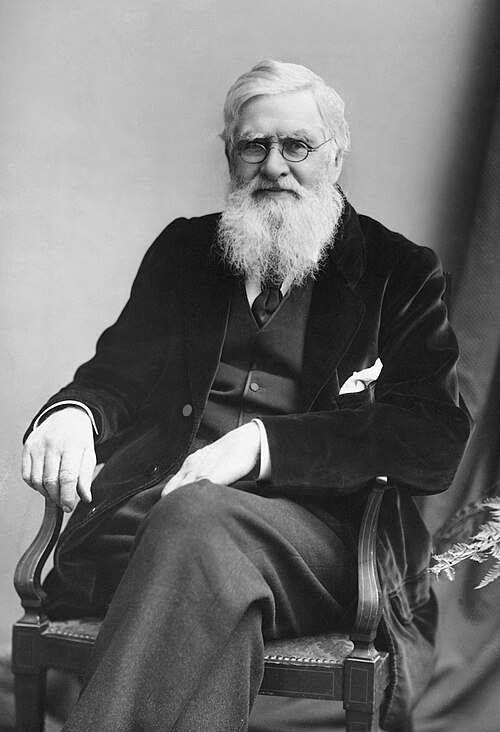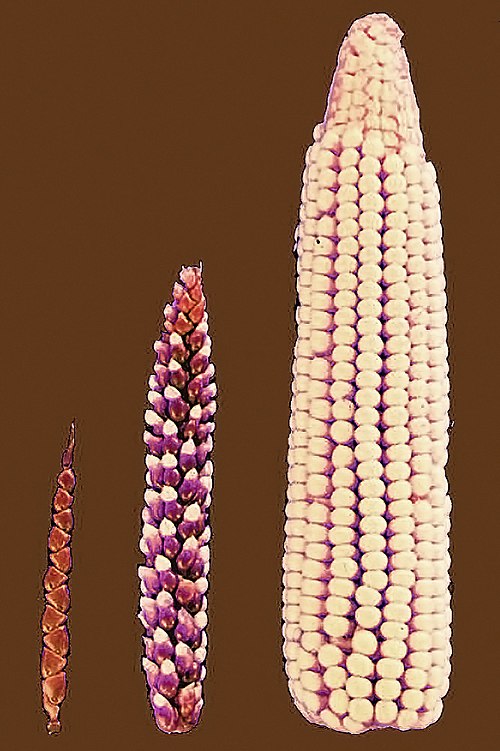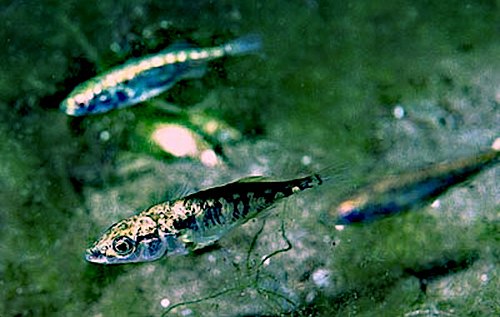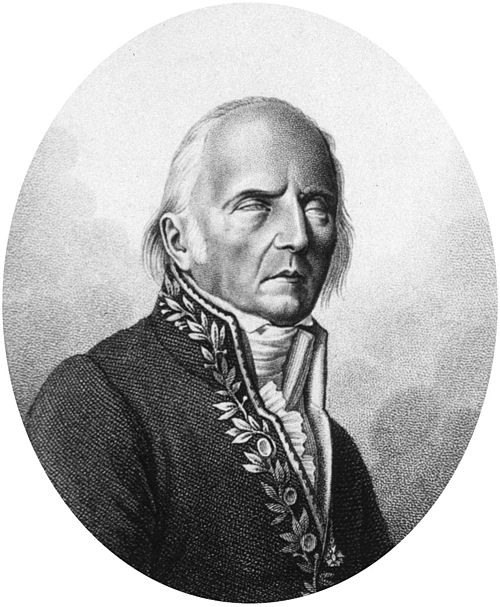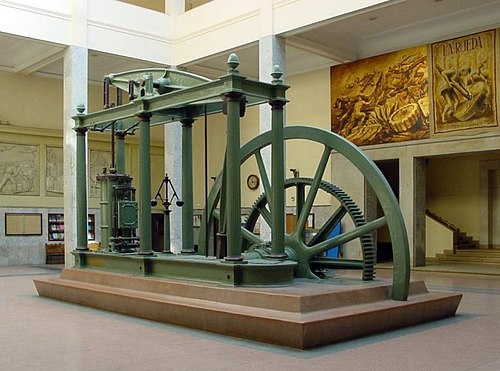Evolutionnoun
The process of accumulating change.
Evolutionnoun
A progression of change, often branching and diversifying in the process.
Evolutionnoun
(general) Gradual directional change especially one leading to a more advanced or complex form; growth; development.
Evolutionnoun
(biology) The change in the genetic composition of a population over successive generations.
Evolutionnoun
(chemistry) The act or an instance of giving off gas; emission.
Evolutionnoun
(mathematics) The extraction of a root from a quantity.
Evolutionnoun
(military) One of a series of ordered movements.
Evolutionnoun
A turning movement of the body.
Evolutionnoun
The act of unfolding or unrolling; hence, any process of growth or development; as, the evolution of a flower from a bud, or an animal from the egg.
Evolutionnoun
A series of things unrolled or unfolded.
Evolutionnoun
The formation of an involute by unwrapping a thread from a curve as an evolute.
Evolutionnoun
The extraction of roots; - the reverse of involution.
Evolutionnoun
A prescribed movement of a body of troops, or a vessel or fleet; any movement designed to effect a new arrangement or disposition; a maneuver.
Evolutionnoun
A general name for the history of the steps by which any living organism has acquired the morphological and physiological characters which distinguish it; a gradual unfolding of successive phases of growth or development.
Evolutionnoun
That theory of generation which supposes the germ to preëxist in the parent, and its parts to be developed, but not actually formed, by the procreative act; - opposed to epigenesis.
Evolutionnoun
That series of changes under natural law which involves continuous progress from the homogeneous to the heterogeneous in structure, and from the single and simple to the diverse and manifold in quality or function. The process is by some limited to organic beings; by others it is applied to the inorganic and the psychical. It is also applied to explain the existence and growth of institutions, manners, language, civilization, and every product of human activity. The agencies and laws of the process are variously explained by different philosophrs.
Evolutionnoun
a process in which something passes by degrees to a different stage (especially a more advanced or mature stage);
Evolutionnoun
(biology) the sequence of events involved in the evolutionary development of a species or taxonomic group of organisms
Evolutionnoun
the process by which different kinds of living organism are believed to have developed from earlier forms during the history of the earth.
Evolutionnoun
the gradual development of something
Evolutionnoun
the giving off of a gaseous product, or of heat
Evolutionnoun
a pattern of movements or manoeuvres
Evolutionnoun
the extraction of a root from a given quantity.
Evolution
Evolution is change in the heritable characteristics of biological populations over successive generations. These characteristics are the expressions of genes that are passed on from parent to offspring during reproduction.
Revolutionnoun
A political upheaval in a government or nation state characterized by great change.
Revolutionnoun
The removal and replacement of a government, especially by sudden violent action.
Revolutionnoun
Rotation: the turning of an object around an axis.
Revolutionnoun
A rotation: one complete turn of an object during rotation.
Revolutionnoun
In the case of celestial bodies - the traversal of one body through an orbit around another body.
Revolutionnoun
A sudden, vast change in a situation, a discipline, or the way of thinking and behaving.
Revolutionnoun
A round of periodic changes, such as between the seasons of the year.
Revolutionnoun
Consideration of an idea; the act of revolving something in the mind.
Revolutionnoun
The act of revolving, or turning round on an axis or a center; the motion of a body round a fixed point or line; rotation; as, the revolution of a wheel, of a top, of the earth on its axis, etc.
Revolutionnoun
Return to a point before occupied, or to a point relatively the same; a rolling back; return; as, revolution in an ellipse or spiral.
Revolutionnoun
The space measured by the regular return of a revolving body; the period made by the regular recurrence of a measure of time, or by a succession of similar events.
Revolutionnoun
The motion of any body, as a planet or satellite, in a curved line or orbit, until it returns to the same point again, or to a point relatively the same; - designated as the annual, anomalistic, nodical, sidereal, or tropical revolution, according as the point of return or completion has a fixed relation to the year, the anomaly, the nodes, the stars, or the tropics; as, the revolution of the earth about the sun; the revolution of the moon about the earth.
Revolutionnoun
The motion of a point, line, or surface about a point or line as its center or axis, in such a manner that a moving point generates a curve, a moving line a surface (called a surface of revolution), and a moving surface a solid (called a solid of revolution); as, the revolution of a right-angled triangle about one of its sides generates a cone; the revolution of a semicircle about the diameter generates a sphere.
Revolutionnoun
A total or radical change; as, a revolution in one's circumstances or way of living.
Revolutionnoun
A fundamental change in political organization, or in a government or constitution; the overthrow or renunciation of one government, and the substitution of another, by the governed.
Revolutionnoun
a drastic and far-reaching change in ways of thinking and behaving;
Revolutionnoun
the overthrow of a government by those who are governed
Revolutionnoun
a single complete turn (axial or orbital);
Revolution
In political science, a revolution (Latin: revolutio, ) is a fundamental and relatively sudden change in political power and political organization which occurs when the population revolts against the government, typically due to perceived oppression (political, social, economic) or political incompetence. In book V of the Politics, the Ancient Greek philosopher Aristotle (384–322 BC) described two types of political revolution: Complete change from one constitution to another Modification of an existing constitution.Revolutions have occurred through human history and vary widely in terms of methods, duration and motivating ideology.



